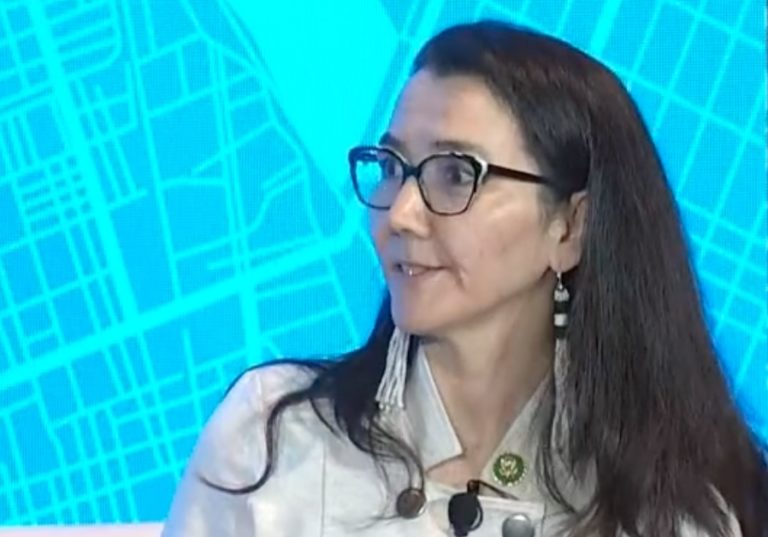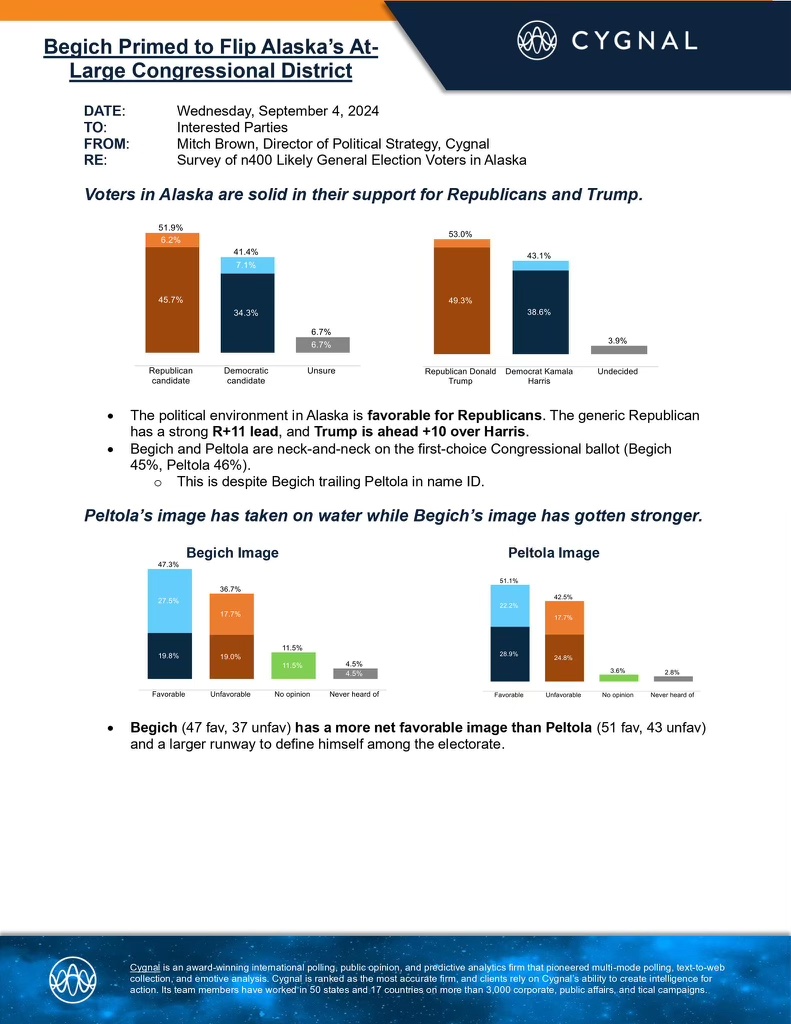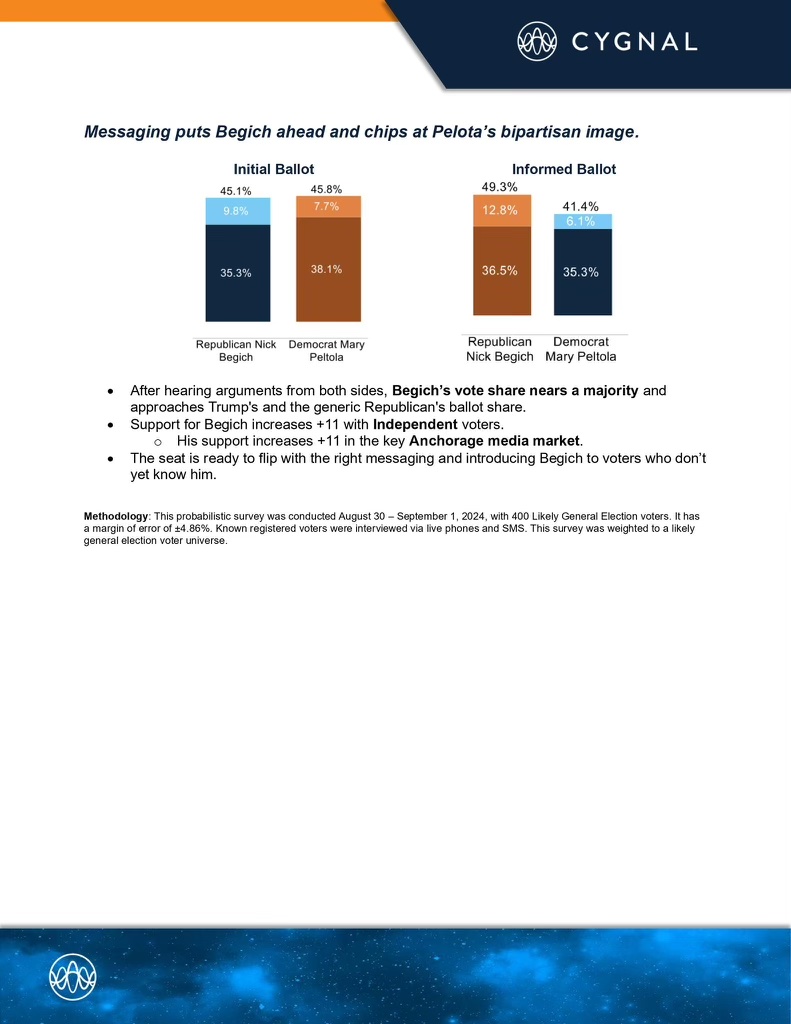Ads running for Mary Peltola’s campaign harp constantly about how Republican candidate Nick Begich, who has specialized in start-up businesses in the private sector, owns a company that hired IT workers in India.
But Peltola is now on record stating that Alaska needs more foreign workers pumped into in the state because there are not enough people in Alaska to do the work.
Alaska has seen its population drop in recent years by thousands, and its unemployment rate is currently 4.5%, with about 16,700 people considered unemployed.
Speaking to a “summit” of Alaska Natives convened by Peltola on the outmigration problem in Alaska, Peltola said, “Our challenge has been outmigration for over 10 years. In fact, we need J-1 visas like nobody’s business, because we need foreign people to come and help us fill our sectors.”
Her campaign criticizes Begich for finding highly skilled IT workers to perform extremely specialized application development tasks, but she wants low-skilled jobs in the fishing industry, which could be performed by residents without so much as a graduation equivalency diploma and the homeless population, to go to foreigners.
According to the Alaska Department of Labor, Alaska doesn’t need to import foreigners. “Every year thousands of people inquire about working and living in Alaska. Alaska has adequate numbers of qualified people to fill most jobs,” the department says on its website.
Nick Begich no longer employs any international workers. In the information technology sector, many jobs and tasks are now being replaced by artificial intelligence in what is a rapidly changing field.
The companies he has worked with and invested in in the United States were early-stage start ups, many of which went on to create hundreds, or in some cases thousands of U.S. jobs that would not have existed without a unique model developed by Begich, in which his team coached and mentored start up companies as they developed their technology. Two Harvard University case studies have been written about Begich’s unique business model and his model has been covered by the Wall Street Journal.
Peltola’s attack on Begich is message-tested by her campaign team. But she has now stepped in her own mess, by advocating to replace Alaska’s jobs with foreigners.
Earlier, Peltola stated that only those who have had a career in government should run for public office.










